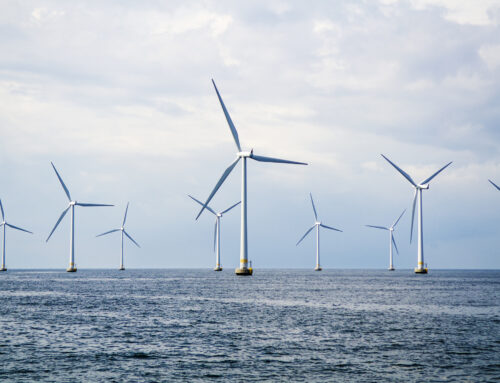by Greg Walcher, E&E Legal Senior Policy Fellow
As appearing in the Daily Sentinel
Let’s say you have a spring on your land, and you are surrounded by people living in the desert who are desperate for water. You make your living selling it to them, but I like the looks of the spring and I’m rich, so I might offer you even more than it’s worth — not to sell it to them. I don’t need the water. I just enjoy looking at it, so here is the money, and we’ll just leave the water where it is. No more use.
There is a reason that is illegal in the West. Water doesn’t belong to individuals or companies or farms; it belongs to the people. Water rights owners don’t own water. They own the right to use it. That is a property right that can be bought and sold, but only in accordance with applicable law. Part of that law prohibits people from owning water they don’t really intend to use. Why? Because water is too precious to be denied to people who need it by people who don’t.
To ensure water is available for proper use, western water law grants property rights to those who build systems that put water to beneficial use: for irrigation, municipal, industrial or recreational purposes. Without that system, there could be no towns or businesses in the arid West. Because water rights are so valuable, decrees require precise details about the exact location, use and amount required. Moreover, applicants must prove their ability and intent to use the water as specified. That is called the “can-and-will doctrine.” One cannot get water rights without intending to use them. Without that safeguard, nothing would prevent rich political activists from buying up all the water rights in rural areas, for example, effectively evicting all the people and towns.






